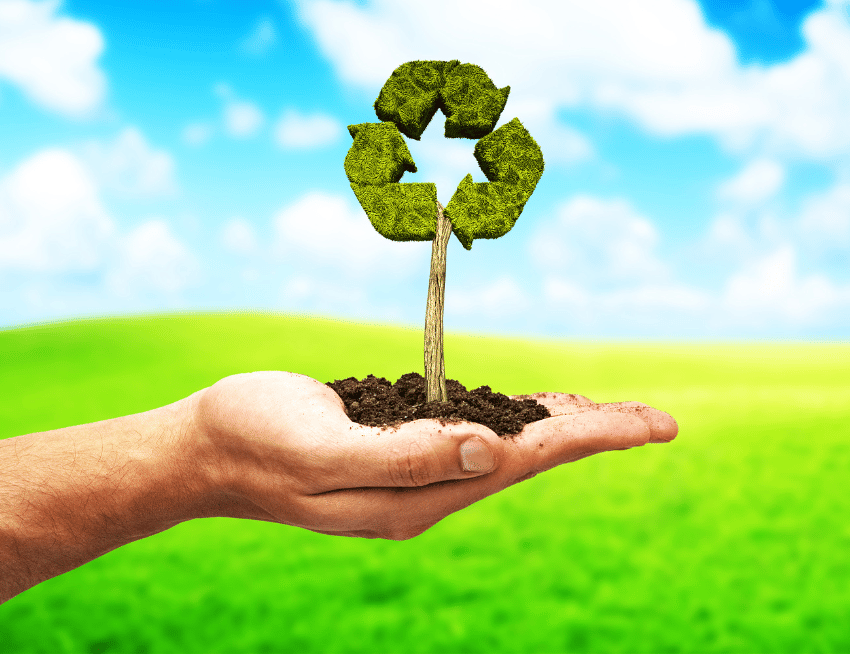Waste recovery is the process of reusing, recycling or composting waste materials and converting them into more useful products, such as materials, chemicals, fuels or other energy sources.
In this article we explain what waste recovery is, how it relates to the circular economy and how important it is for industry.
What is waste recovery?
The concept of waste recovery refers to all industrial processing activities aimed at the reuse, recycling or composting of waste, useful products or energy sources.
The types of waste used in recovery are usually classified as non-hazardous according to current environmental regulations.
Waste recovery involves the transformation of waste into raw materials or energy sources, as well as the application of waste materials in manufacturing processes, as in the case of the recovery of borage waste for pharmaceutical purposes or the addition of waste materials to finished products.
In this respect, recycling, defined as the process by which waste is recovered and reprocessed into new useful products, is one of the most common waste recovery activities along with upcycling (the reuse of waste in such a way that the new product or material has a higher quality, value or function than the original).
Applications of waste recovery
The main solutions applied to reduce the volume of waste through recovery are as follows:
- Transformation of waste into raw materials.
- Transformation of waste into energy.
- Utilisation of waste materials in the manufacturing process steps.
- Addition of waste materials to finished products.
Waste recovery in the role of the circular economy
The adoption of circular economy models, which counteract current problems related to the depletion of natural resources, global warming and environmental pollution, is one of the most pressing global challenges facing our society. Considering the potential of organic waste streams to be transformed into high-value products, many efforts have been made in recent years to promote such strategies.
The recovery of organic waste reduces pressure on non-renewable resources and avoids waste generation.
An example of this can be seen in plastics made from materials of renewable origin and which are often biodegradable, avoiding the environmental burdens associated with the extraction of hydrocarbon-based raw materials and their subsequent accumulation once they have reached their useful life.
The bioeconomy could transform the current linear mode of production and consumption into an efficient circular economy that makes use of waste.
On the other hand, waste-to-energy is a common valorisation approach to generate a wide range of bioenergy resources from biomass waste, thus fostering the circular economy.
Waste recovery in the industrial approach
The enormous growth in waste generation worldwide has rapidly become one of the main challenges of today’s economy.
In industry, the focus is on the recovery of materials and their reuse. In this respect, the demand for feasible methods of waste management is growing rapidly, thanks to research and development projects and the application of Forensic Engineering tests carried out by material industries such as INFINITIA Industrial Consulting.
Waste recovery is a sound business approach that brings in real revenues.
The concept of waste recovery goes hand in hand with recycling and reuse technologies, in which transformation into higher value products takes place. The results can include chemicals, pharmaceuticals, materials, fuels and energy, as well as many other products beneficial to consumers.
Ultimately, waste recovery is emerging in industry as a major business strategy, as it brings together innovation, environmental responsibility and profitability. By creating new products, it opens up the opportunity to access new and emerging markets, generate higher revenues and reduce the cost of running the business.
Looking for solutions to improve your company’s products? At INFINITIA Industrial Consulting we have the best professionals to offer you the latest innovations. Contact our team and tell us about your case.

